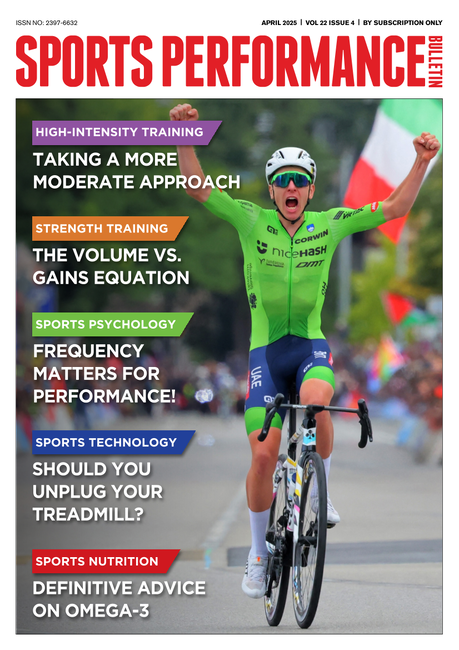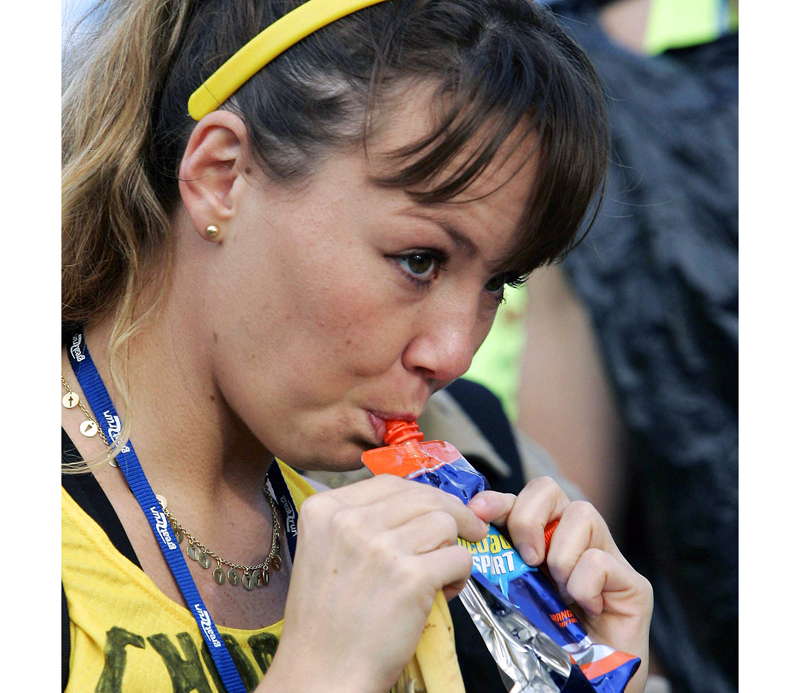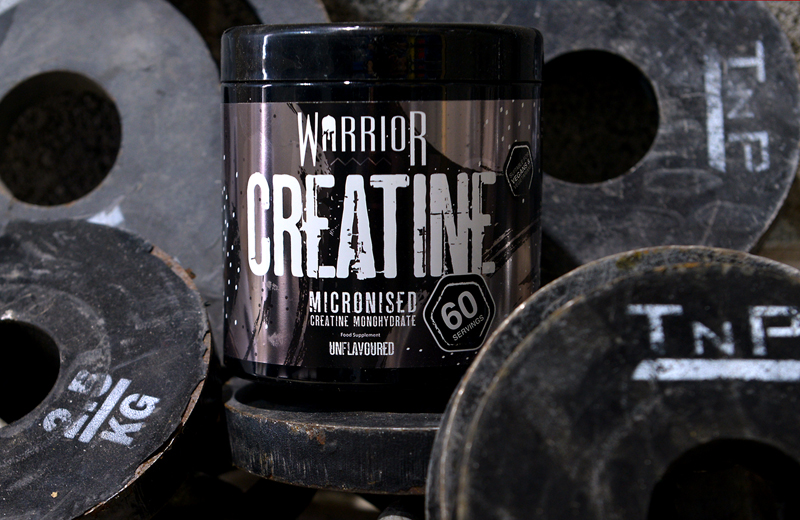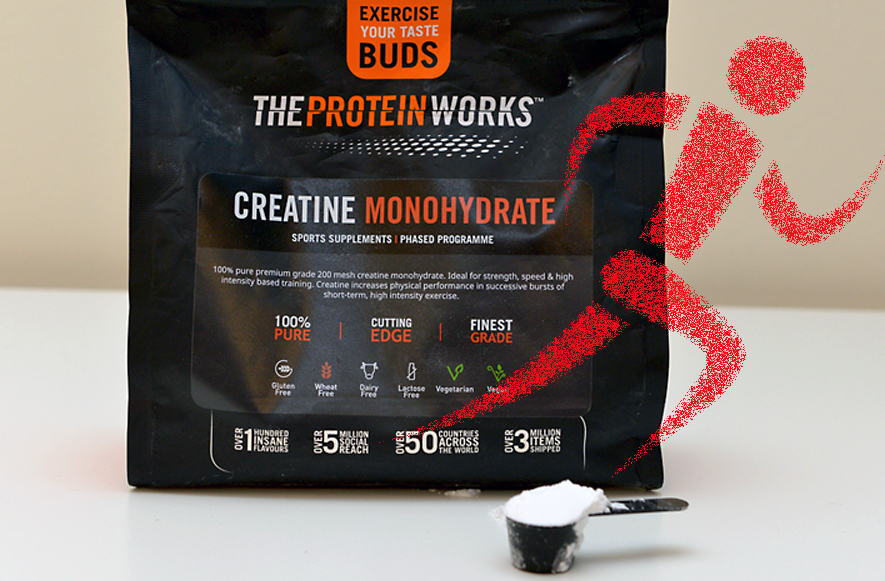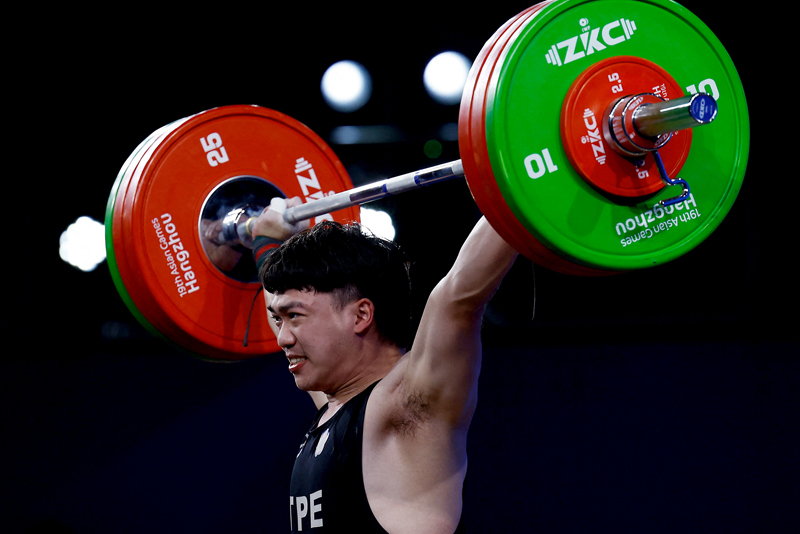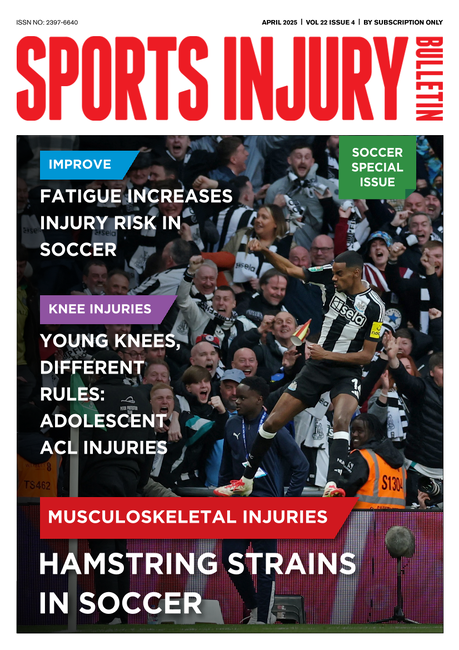Hydrogel energy drinks: hype or help for athletes?
 A new breed of ‘gel-like’ carbohydrate drink claims to offer performance benefits for athletes. But are these claims supported by science? Andrew Hamilton investigates
A new breed of ‘gel-like’ carbohydrate drink claims to offer performance benefits for athletes. But are these claims supported by science? Andrew Hamilton investigates
Contrary to what you might hear in the mainstream media, many scientific findings are not fixed or written in stone, but continually evolve or even transform as new observational data emerges. In the early part of the 20th Century for example, the quantum theory of matter and energy demolished ordinary notions of the nature of reality, screwed up entire philosophies of cause and effect and revealed peculiarities about nature that nobody could ever have imagined. Fortunately for athletes, the science of human performance tends to be more evolutionary than revolutionary!The carbohydrate connection
When it comes to endurance performance, one of the most reliable and repeated findings from the world of sports science (and one we can be extremely confident of) is that carbohydrate, taken during exercise can significantly enhance performance. Much of the carbohydrate oxidized for fuel during exercise is derived from stored carbohydrate in the muscles (muscle glycogen). It just so happens that even a relatively modest drop in the levels of muscle glycogen can produce feelings of fatigue and tiredness, which is why a large body of research has demonstrated that keeping topped up with carbohydrate during prolonged exercise can help stave off fatigue(1-9). Research conducted last year proposed the following guidelines for carbohydrate ingestion to enhance performance(10):- *For events lasting 60-150 minutes, athletes should consume 30–60 grams of carbohydrate per hour, using a 6–8% solution (concentrations typically found in commercial sports drinks).
- *For events lasting over 150 minutes, higher carbohydrate intakes of 60–70 grams per hour up to 90 grams per hour (if tolerable) can give improved performance, ideally consumed every 10–15 min to maximally spare glycogen stores.
- *At the highest levels of intake, multiple transport carbohydrates – ie glucose/fructose drinks and gels – are recommended for easier absorption (see this article for a more in-depth look at glucose/fructose drinks).
Reaching your limit
The longer and harder you’re training or racing, the more carbohydrate you’ll need to ingest to stave off glycogen depletion – and therefore fatigue. There is a problem however; even at relatively modest carbohydrate doses of 50-60 grams per hour, some athletes report some degree of gastrointestinal (GI) distress including nausea, bloating, tummy pains and various degrees of indigestion, especially when exercise is intense(11). However, with increasing amounts of carbohydrate ingestion – even when ingesting glucose/fructose drinks - the risk of GI distress increases(12).Hydrogel solution?
In the last couple of years, a new breed of ‘gel-like’ carbohydrate drink has appeared on the market, which claims to be able to deliver high amounts of carbohydrates to exercising athletes with significantly reduced GI distress. The theory is that by enabling athletes to consume more carbohydrate without GI distress, these gel-like drinks can enhance endurance performance.These gel drinks (often referred to as ‘hydrogel drinks’) contain carbohydrate just like ordinary carbohydrate drinks. However, in addition, they contain two thickening agents (pH –sensitive) often used in food preparation – sodium alginate and pectin. Mixed into a drink, the solution remains fluid until it is swallowed, where it encounters the acidic environment of the stomach. The low pH in the stomach then triggers a type of polymerisation reaction to form a gel-like solid, in which the carbohydrate is now suspended. The claim is that the semi solid nature of the carbohydrate-containing gel enables a smoother transportation of carbohydrate through the stomach to the intestine where it is easily absorbed, causing less GI distress.
The evidence
That’s the theory of hydrogel carbohydrate drinks, but what does the evidence say? In a study published last autumn, Aussie researchers compared a hydrogel drink with a glucose/fructose drink to see whether it could deliver any performance benefits(13). Nine runners were randomised into two groups each of which completed a 3-hour steady sate run at low-moderate intensity immediately followed by an incremental time trial to exhaustion. During the trial, both groups consumed 90 grams per hour of a carbohydrate/electrolyte drink; however, one group consumed this as a hydrogel drink while the other group consumed a straightforward glucose/fructose drink. A week later, the trial was repeated but the groups reversed – ie those who had consumed hydrogel now consumed glucose/fructose and vice-versa. The findings were as follows:- *There were no differences between the two drinks in the blood sugar responses of the runners or in carbohydrate oxidation rates.
- *All the runners developed GI distress during the trials, and the frequency and severity of GI distress were the same regardless of which drink was consumed.
- *Time-to-exhaustion performance was the same regardless of the drink consumed.
In January of this year, a team of British researchers also compared the performance benefits of a hydrogel drink to a non-gel carbohydrate drink, this time using a slightly lower intake of 68 grams per hour(14). Using a similar format as above, eight cyclists consumed 68 grams per hour of a hydrogel carbohydrate/electrolyte drink or a taste and carbohydrate-type matched carbohydrate-electrolyte solution during a 2-hour ride at 55% of maximum power (moderate intensity). This was immediately followed by a 20-minute time trial. Once again, when they compared blood glucose concentrations, carbohydrate oxidation rates, gastrointestinal symptoms and time-trial performances, there were no significant differences between the trials, meaning that the hydrogel drink hadn’t conferred any benefits.
Coming right up to date, another study on hydrogel drinks published just a few days ago compared the performance benefits of a hydrogel drink with those of a glucose/fructose drink, both of which delivered 90 grams of carbohydrate per hour(15). In this study, 14 recreational cyclists rode for 90 minutes at 45% VO2max (easy intensity) and then completed a 15-minute time-trial in hot (32°C) humid (70% relative humidity) conditions. Each cyclist randomly completed three identical trials on three separate occasions apart from the fluid consumed during the trials. The drinks ingested were as follows:
- *Glucose/fructose hydrogel (90 grams of carb per hour)
- *Pure glucose-fructose (90 grams of carbs per hour)
- *Water (control condition, no carbs)
In conclusion
The theory of hydrogel drinks might sound compelling, but the data – so far at least - is not. To date, no study has found any benefits of consuming a hydrogel drink over and above a glucose/fructose drink - not in terms of performance or reduced GI distress. And while we only have three studies to draw conclusions from, the evidence has been collected using different intake levels, exercise types, exercise durations, ambient conditions and levels of athletic ability. On the plus side for hydrogel drinks, there’s no evidence that their use results in worse performance or worse GI symptoms. But given you can expect to pay a price premium for this kind of drink, it makes their use hard to recommend - until or unless new evidence emerges!References
- Sports Med 1992; 14: 27–42
- Metabolism 1996; 45: 915–921
- Am J Physiol Endocrinol Metab 1999; 276: E672–E683
- Med Sci Sports Ex 1993; 25:42-51
- Int J Sports Med 1994; 15:122-125
- Med Sci Sports Ex 1996; 28: i-vii
- J Athletic Training 2000; 35:212-214
- Int J Sports Nutr 1997; 7:26-38
- Nutrition Reviews 1996; 54: S136-S139
- Nutrients. 2019 Jun; 11(6): 1289
- Sports Med. 1987 Sep-Oct;4(5):322-51
- Med Sci Sports Exerc. 2012 Feb;44(2):344-51
- Int J Sport Nutr Exerc Metab. 2019 Oct 17:1-9
- Appl Physiol Nutr Metab. 2020 Jan 22. doi: 10.1139/apnm-2019-0802. [Epub ahead of print
- Appl Physiol Nutr Metab. 2020 May 4. doi: 10.1139/apnm-2020-0118. [Epub ahead of print]
You need to be logged in to continue reading.
Please register for limited access or take a 30-day risk-free trial of Sports Performance Bulletin to experience the full benefits of a subscription. TAKE A RISK-FREE TRIAL
TAKE A RISK-FREE TRIAL
Newsletter Sign Up
Testimonials
Dr. Alexandra Fandetti-Robin, Back & Body Chiropractic
Elspeth Cowell MSCh DpodM SRCh HCPC reg
William Hunter, Nuffield Health
Newsletter Sign Up
Coaches Testimonials
Dr. Alexandra Fandetti-Robin, Back & Body Chiropractic
Elspeth Cowell MSCh DpodM SRCh HCPC reg
William Hunter, Nuffield Health
Keep up with latest sports science research and apply it to maximize performance
Today you have the chance to join a group of athletes, and sports coaches/trainers who all have something special in common...
They use the latest research to improve performance for themselves and their clients - both athletes and sports teams - with help from global specialists in the fields of sports science, sports medicine and sports psychology.
They do this by reading Sports Performance Bulletin, an easy-to-digest but serious-minded journal dedicated to high performance sports. SPB offers a wealth of information and insight into the latest research, in an easily-accessible and understood format, along with a wealth of practical recommendations.
*includes 3 coaching manuals
Get Inspired
All the latest techniques and approaches
Sports Performance Bulletin helps dedicated endurance athletes improve their performance. Sense-checking the latest sports science research, and sourcing evidence and case studies to support findings, Sports Performance Bulletin turns proven insights into easily digestible practical advice. Supporting athletes, coaches and professionals who wish to ensure their guidance and programmes are kept right up to date and based on credible science.


